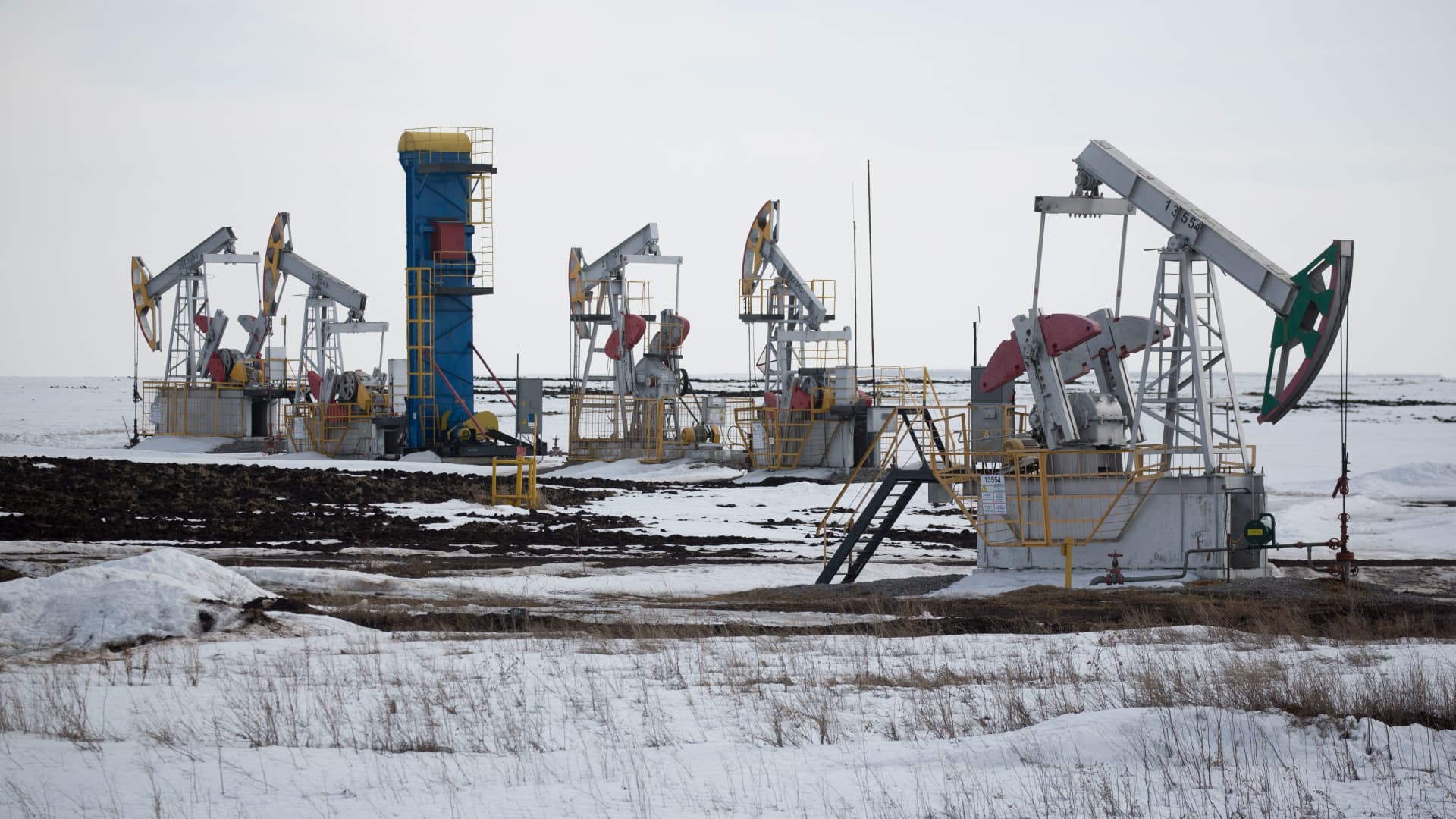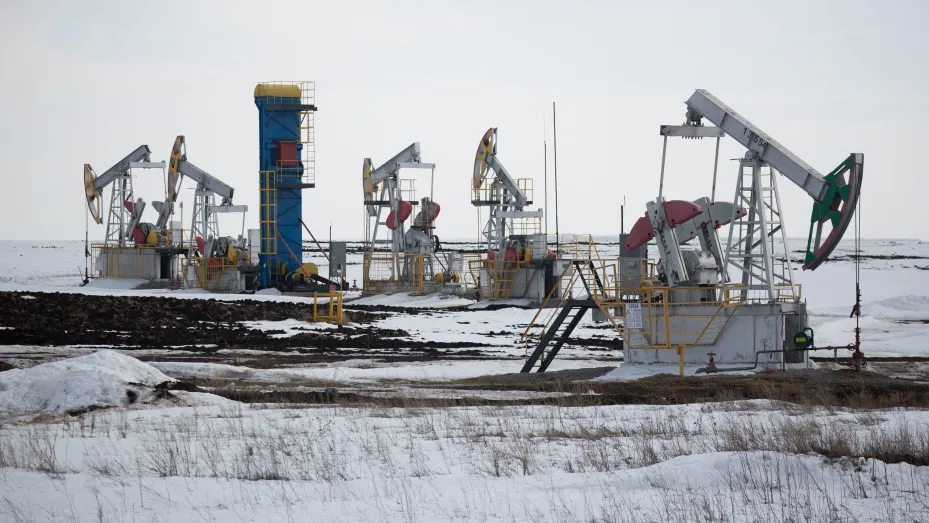In a surprise move, OPEN nations have agreed to increase oil production and sales.
The USA intentionally cut production capacity through regulations, restrictions and fees over the past 18 months under the Biden Administration's "transition to green energy" initiatives. The Russia-Ukraine war added further pressure on the oil markets due to embargoing of Russian oil.
The world may be saved from a serious, and at least partly US caused recession, by Saudi Arabia & the other OPEC allied nations. The question remains IF THEY ACTUALLY HAVE THE PRODUCTION CAPACITY to deliver additional oil since they have had a difficult time meeting current production outputs!
FULL STORY AT THE LINK from CNBC

 www.cnbc.com
www.cnbc.com

The USA intentionally cut production capacity through regulations, restrictions and fees over the past 18 months under the Biden Administration's "transition to green energy" initiatives. The Russia-Ukraine war added further pressure on the oil markets due to embargoing of Russian oil.
The world may be saved from a serious, and at least partly US caused recession, by Saudi Arabia & the other OPEC allied nations. The question remains IF THEY ACTUALLY HAVE THE PRODUCTION CAPACITY to deliver additional oil since they have had a difficult time meeting current production outputs!
FULL STORY AT THE LINK from CNBC

OPEC+ raises output faster than expected as Russia's war roils global energy markets
OPEC+ raises output faster than expected as Russia's war roils global energy markets
OPEC+ raises output faster than expected as Russia’s war roils global energy markets

OPEC and its oil-producing allies agreed on Thursday to hike output in July and August by a larger-than-expected amount as Russia’s invasion of Ukraine wreaks havoc on global energy markets.
OPEC+ will increase production by 648,000 barrels per day in both July and August, bringing forward the end of the historic output cuts OPEC+ implemented during the throes of the Covid pandemic.
The group has been slowly returning the nearly 10 million barrels per day it agreed to pull from the market in April 2020. In recent months, production has risen between 400,000 and 432,000 barrels per day each month.
Oil prices reversed early losses during mid-morning trading, and continued to move higher during the session. By 12 p.m. on Wall Street West Texas Intermediate crude futures, the U.S. oil benchmark, stood 1.3% higher at $116.80 per barrel. International benchmark Brent crude added 1% to trade at $117.53. . . .
“We recognize the role of Saudi Arabia as the chair of OPEC+ and its largest producer in achieving this consensus amongst the group members,” she said in a statement, before adding that the “United States will continue to use all tools at [its] disposal to address energy prices pressures.”
While in theory output will be higher looking forward, OPEC+ has been struggling to meet production quotas. Moreover, the additional barrels slated to hit the market will not make up for the potential loss of more than 1 million barrels per day from Russia as nations around the world ramp up sanctions following the invasion of Ukraine.
EU leaders on Monday agreed to ban 90% of Russian crude by the end of the year as part of the bloc’s sixth sanctions package on Russia since the late February invasion.
In March, crude hit the highest since 2008, and has stayed firmly above $100. The rapid rise is a major contributor to decades-high inflation being seen across economies. . .
Sources told the FT that Saudi Arabia, OPEC’s de facto leader, has not yet seen genuine shortages in the oil markets.
. . .
“Whilst it’s not an outright promise, Saudi Arabia [has] seemingly thrown the West a bone,” . . .
“This will be well received by Western leaders given inflation – and inflation expectations – remain eye wateringly high, and central banks try to raise rates at the risk of tipping their economies into a recession,” he added. . .
